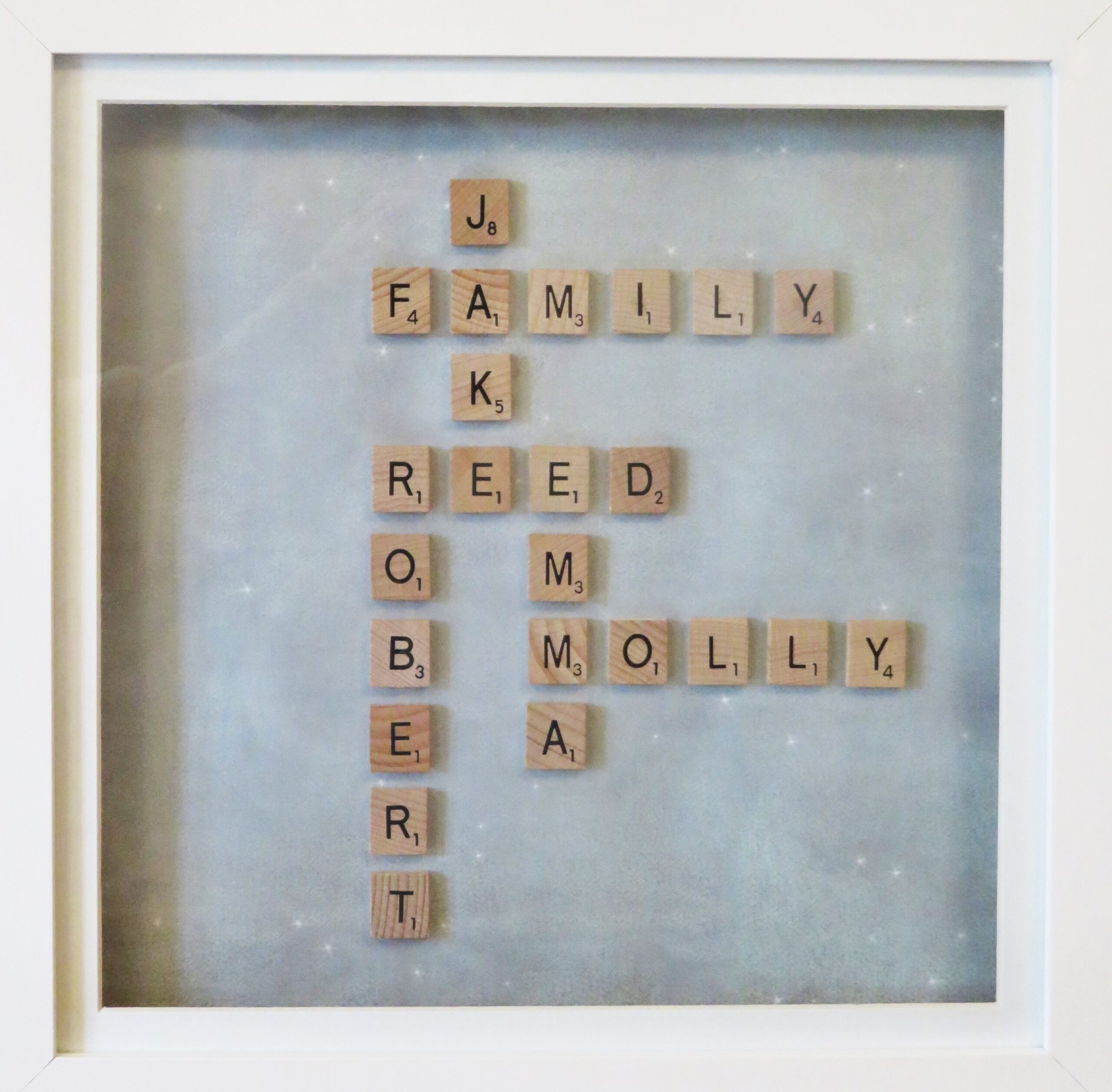
3 Things You Should Stop Saying to Your Child

*Collaborative Post
As we all know, young children are impressionable. As they grow up, they’ll look to us as parents on how to act and view the world.
How we speak to our children also plays a big role in a child’s development and how they end up interacting with the world. Saying the wrong thing, even innocent phrases that seem harmless might have a negative effect.
Studies done by child psychologists (like the professionals at New Vision Psychology) have discovered the phrases that are doing the most harm. Below, we’ve rounded up 3 common things we say to our kids that we should stop doing. Keep reading to find out what they are.
“Stop Crying”
One of the most common things we say to our children that we should stop doing is telling them to stop crying. Kids cry over all sorts of things, and as a parent, it can be hard not to get frustrated. Perhaps you can relate: your child has been screaming all day, and no matter how hard you try, it’s impossible to calm them down. You might snap, telling them to stop it already.
While it might seem harmless at first, saying this to our children can have quite a bad effect. Not only is this method ineffective, but when we tell our kids to stop crying, we’re teaching them that it’s bad to show emotions. They’re feeling upset for a reason, so as parents, we need to accept and validate their feelings and give them the space to sort through their emotions. Otherwise, it could have a negative effect on a child’s social skills.
Even if you do tell your child to stop crying and it works, you’re missing out on the opportunity to teach them how to process their feelings. Talking about them afterward about why they were upset helps them understand that negative feelings are a normal part of life.
Threatening to Leave Them Behind
Another very common scenario that can be frustrating as a parent is when it’s time to leave, but your child doesn’t want to go. It could be the park, their friend’s house, or somewhere else, and as you try to coax them to leave, a temper tantrum ensues because they don’t want to leave. For many of us, as we lose our patience it’s often very tempting to answer them with a phrase like “I’m leaving anyway!”.
A child’s attachment to their parents and caregivers is one of the most important factors of a child’s healthy development. With a strong sense of security, they’ll feel more comfortable exploring the world around them. This threat of abandonment, even in a light-hearted way, can damage that attachment, letting them know that you might not be there to protect and care for them. This is very frightening for a child and might shake their attachment to you as a parent.
So, the next time your child is throwing a temper tantrum at the park, refrain from using a phrase like this. Instead, explain the situation to them calmly, and wait out the tears (they will eventually stop!). Another good tip is to keep them in the loop and letting them know that in 5 minutes you’ll be leaving. This is a great method to help prepare them for the transition.
“You’re So Smart!”
This phrase might seem innocent enough, but it can backfire later in life. Yes, your child might be brilliant, but you should avoid showering them with the word ‘smart’. This will end up giving your child a fixed mindset instead of a growth mindset. Thanks to renowned child psychologist Carol Dweck, now we know this is very important in a child’s development.
Her studies tell us the following. With a fixed mindset, a child will think that their abilities are fixed and can’t improve. This means that as they grow in life, they’ll avoid challenges, making mistakes, and trying new things. Those with a growth mindset focus on changing, solving problems, and self-improvement – all part of raising a confident child.
So how can we be sure we encourage the development of a growth mindset in our children? Instead of praising their smarts (You’re so good at math!), instead, you should praise their effort and the process they went through.
*This is a collaborative post. For further information please refer to my disclosure page.




